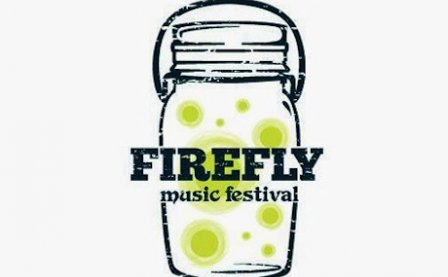“O, my fader is gone !” &c.
“O, [the] angels are gone !” &c.
– “Room in There,” trad. spiritual
Growing up, my family didn’t keep up with music much. Beyond the trappings of A/C radio, it was an ocean. So by the dawn of my adolescence — a time when one is better embroidering a self-concept with all its appropriated and internalized peripherals — I came to imbibe and live through what was readily available outside the nuclear unit: mostly what came in the mail. That is, a navel-gazing Baby-Boomer retrospective, a hopeless sensibility passed on through the most accessible sources and arbiters of popular music culture, Rolling Stone’s “500 Greatest Albums of All-Time,” etc. I used to be a rockist.
All this complicated by the fact that I am a biracial African American. That is, the supposed agent of an ancient gyration, whose taste and sensibilities exist outside the ordered rigor and craftsmanship of a monolithic “real music.” And so I, disgusted at the stereotype and its applicability or lack thereof, sought refuge in a mastery of an alternate history. Like all teenagers, I wanted to fit in. Like all teenagers, I wanted to be different.
Regardless of this characterization and identification, my swollen predilection for drum and wire has — crises of identity aside — waned with age, and for a reason. It’s not that I now simply dislike guitar-based music. It rather lies in a fact that resonates, I think, with people of a similar age and background: that most rock music just isn’t revolutionary, or rather, participatory for me anymore. Which begs the question, was it ever, really?
“The future’s under fire / The past is gaining ground / A continuous cold war between / My home and my hometown”
The rendering of autobiographical sketch and political confession of faith is here due in part to the fact that I was introduced to Japandroids at that very adolescent moment: right as I was first exorcising the albatross of a previous rockist text, one that had managed to dominate much of my teenage years — and still, in a historical way, influences me. Japandroids’s first album, Post-Nothing, arrived at a liminal time; I had not yet fully divested myself of my awareness of, and obsession with, the rock tradition. My personal relationship with it was, then, personally commemorative of a jettisoned inanimate lust. I loved it and hated it at the same time.
Near to the Wild Heart of Life picks up nearly eight years later, and it’s just as personally disruptive as its nominal nihilist cousin. The opening and title track begins with a full start — a raucous, feedback-laden frenzy, an extended drum roll that seems to never end — and then it does. And, in many ways, the phrasing is characteristic of not only Japandroid’s sound, but their vision: King and Prowse, ever brothers in arms, compose concise yet emotive post-stellar lo-fi anthems, bursts of energy and beat-down sonic climax that last for an infinite three-and-a-half minutes, before dissipating. They enter an immediate senescence that leaves you simultaneously invigorated and exhausted.
Near to the Wild Heart of Life provides ready mantras of exhaustion and energy, and exhausted is probably the simplest way I can describe feeling after listening to this short collection of eight tracks. The energy imparted simply can’t overcome a drowning of influences, or rather, the kinetic is overcome by the potential. Japandroids have always courted classic-cum-punk signification and appraisal, and it seems they haven’t moved past their eager acceptance of those overtures.
You can hear the same bah-bah Mellencamp chords in the choruses that populated and moved Celebration Rock (“North East South West”), while the more acoustic-tinged entries, notably “Midnight to Morning,” remind me of The Stooges’ later guitar experimentation on Raw Power — though they don’t strike with the same urgency or bare-fanged intensity. They supplement rather than augment, alternatively-strummed noodles that lead to nowhere. The stories here are personal and lyrics often impressive. Some, however, just scan as a little lazy: “She kissed me like a chorus, said ‘Give ‘em hell for us.’” Meanwhile, the indignant, shouted delivery feels more dull than inspired at this point — resonant oh!s cast abound, but never quite catching on.
More about: Japandroids




